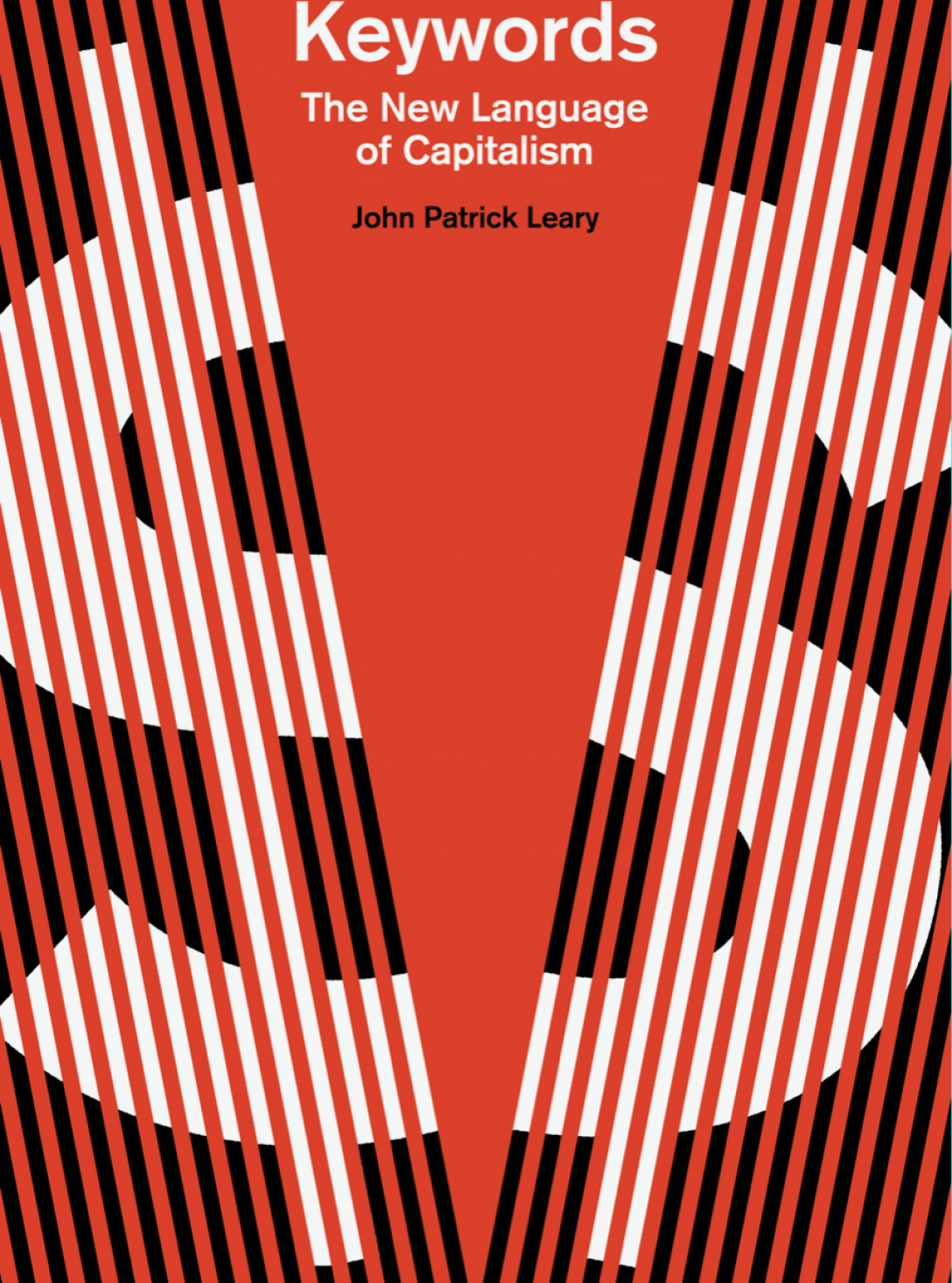I was a guest on WNYC’s On the Media, direct from a recording studio in Lisbon (thanks Dizplay Soundlab!), to talk about the scandal of meritocracy. Meritocracy is a particularly strange keyword, because it was originally coined by Michael Young as a satirical mockery of a fantasy it has now come to earnestly represent: social mobility through education and innate talent. Instead of gaining access to wealth and power through an accident of one’s birth (as in an aristocracy), in a meritocracy you gain access to wealth and power through your access to the elite institutions that reproduce wealth and power. Which you mostly gain access to by an accident of birth.
Thus, paying $500,000 to cheat your kid into Yale the meritocracy.
As I try to say here, though, the real scandal of college admissions in the United States isn’t how it works when people are cheating. It’s how it works when people aren’t cheating. Access to the “meritocracy” is guaranteed in most cases not by breathtaking bribes to con artists, but through more mundane, perfectly legal advantages: being born in the right public school district, to the “right” parents, and with the “right” posture, skin tone, gender identity, accent, etc.: in short, all the other sorts of advantages that are in general rewarded by elite higher education.
In other words, when we’ve finished laughing at Aunt Becky, USC will still cost $50,000/year.
